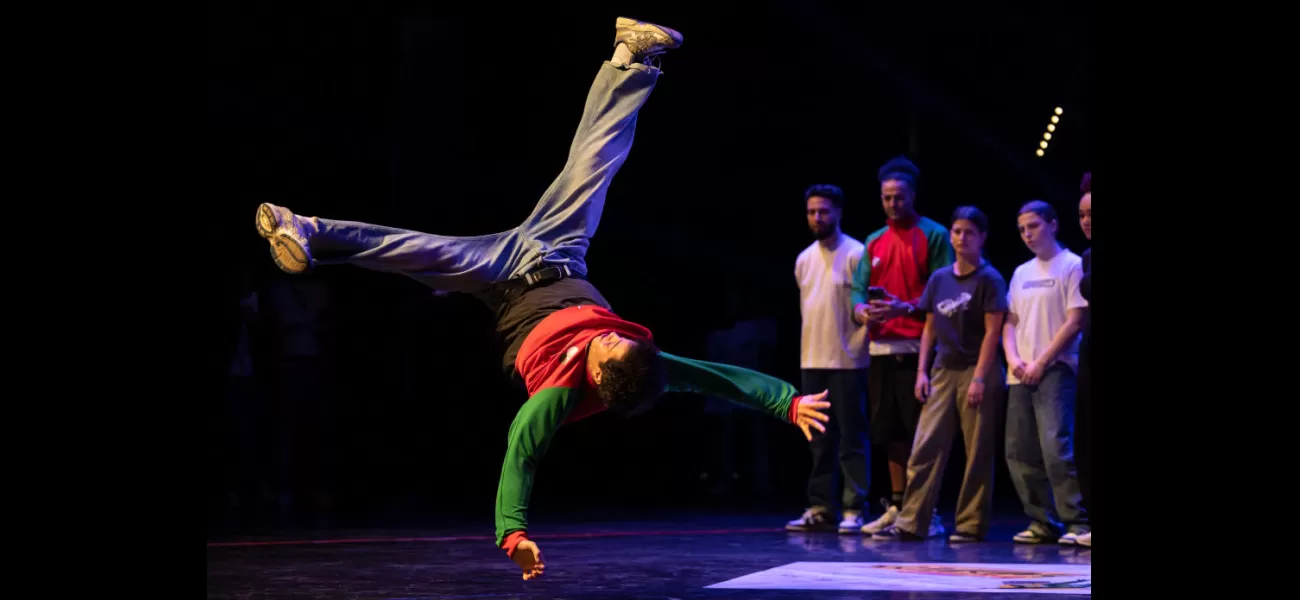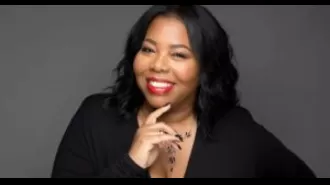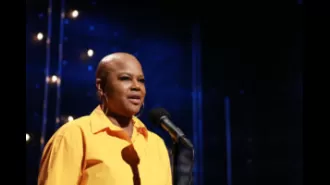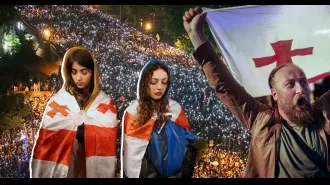People are wondering where the Bronx's B-boys and B-girls are after a disappointing Olympic breakdancing competition.
Snoop's event has received criticism on Twitter, as videos of b-boys and b-girls have sparked confusion and puzzled reactions.
August 10th 2024.

Amidst the bustling energy of the Paris Olympic Games, the one and only Snoop Dogg made yet another appearance, this time introducing the first-ever Olympic Breaking competition on August 9th. According to Billboard, Snoop has been making quite the splash with his Olympic coverage thus far. And with breaking making its highly anticipated Olympic debut, it was only fitting that the legendary rapper himself make an appearance.
However, the event Snoop introduced has sparked some controversy on social media, as videos of international b-boys and b-girls have circulated with confused and puzzled reactions. Some have even compared the reactions to that of a five-year-old showing off a silly dance move. Many have also pointed out the lack of diversity in the event, with no Black DJs, judges, MCs, or breakers, despite the dance form originating in the South Bronx, a predominantly Black and Latinx community.
One of the main points of criticism has been directed towards the women competitors, such as Australia's B-Girl Raygun and Lithuania's B-Girl Nicka. Raygun's performance was met with criticism for her seemingly awkward moves, while Nicka received backlash for wearing a durag. Another standout moment came from Manizha Talash, also known as B-Girl Talash, who removed her T-shirt during her third round competition to reveal a blue cape with the words "Free Afghan Women" in support of the ongoing crisis for women in Afghanistan.
Talash, a member of the Refugee Olympic team, used her platform to bring attention to the struggles of women in her home country, which is currently under the repressive rule of the Taliban. Before joining the team, she worked at a hair salon in Spain and was part of the 2016 Rio Olympics Refugee team. This year's team is made up of 36 athletes from 11 countries, and Talash has expressed that she is competing not only for herself but for the dreams and hopes of her friends and all Afghan women.
While the controversies surrounding the female competitors have been at the forefront, others have also pointed out the lack of Black and Latinx performers on the U.S. team. This is especially significant considering that breaking was born in the Bronx, created by Black and Latinx youth as one of the elements of Hip-Hop culture. Out of the three U.S. breakers, only one is Black and one is Latinx. As BLACK ENTERPRISE previously reported, this was an opportunity for breaking to gain more recognition and growth, but the initial reactions have put a damper on that potential.
As Zach Slusser, the vice president of Breaking for Gold USA and USA Dance, stated in an interview with the Associated Press, there is a need to change the narrative surrounding breaking as an Olympic sport. He acknowledged the organizational and governance issues that have impacted the event's first impression on a global audience and expressed a desire to rectify them in order to give breaking the recognition it deserves.
However, the event Snoop introduced has sparked some controversy on social media, as videos of international b-boys and b-girls have circulated with confused and puzzled reactions. Some have even compared the reactions to that of a five-year-old showing off a silly dance move. Many have also pointed out the lack of diversity in the event, with no Black DJs, judges, MCs, or breakers, despite the dance form originating in the South Bronx, a predominantly Black and Latinx community.
One of the main points of criticism has been directed towards the women competitors, such as Australia's B-Girl Raygun and Lithuania's B-Girl Nicka. Raygun's performance was met with criticism for her seemingly awkward moves, while Nicka received backlash for wearing a durag. Another standout moment came from Manizha Talash, also known as B-Girl Talash, who removed her T-shirt during her third round competition to reveal a blue cape with the words "Free Afghan Women" in support of the ongoing crisis for women in Afghanistan.
Talash, a member of the Refugee Olympic team, used her platform to bring attention to the struggles of women in her home country, which is currently under the repressive rule of the Taliban. Before joining the team, she worked at a hair salon in Spain and was part of the 2016 Rio Olympics Refugee team. This year's team is made up of 36 athletes from 11 countries, and Talash has expressed that she is competing not only for herself but for the dreams and hopes of her friends and all Afghan women.
While the controversies surrounding the female competitors have been at the forefront, others have also pointed out the lack of Black and Latinx performers on the U.S. team. This is especially significant considering that breaking was born in the Bronx, created by Black and Latinx youth as one of the elements of Hip-Hop culture. Out of the three U.S. breakers, only one is Black and one is Latinx. As BLACK ENTERPRISE previously reported, this was an opportunity for breaking to gain more recognition and growth, but the initial reactions have put a damper on that potential.
As Zach Slusser, the vice president of Breaking for Gold USA and USA Dance, stated in an interview with the Associated Press, there is a need to change the narrative surrounding breaking as an Olympic sport. He acknowledged the organizational and governance issues that have impacted the event's first impression on a global audience and expressed a desire to rectify them in order to give breaking the recognition it deserves.
[This article has been trending online recently and has been generated with AI. Your feed is customized.]
[Generative AI is experimental.]
0
0
Submit Comment





